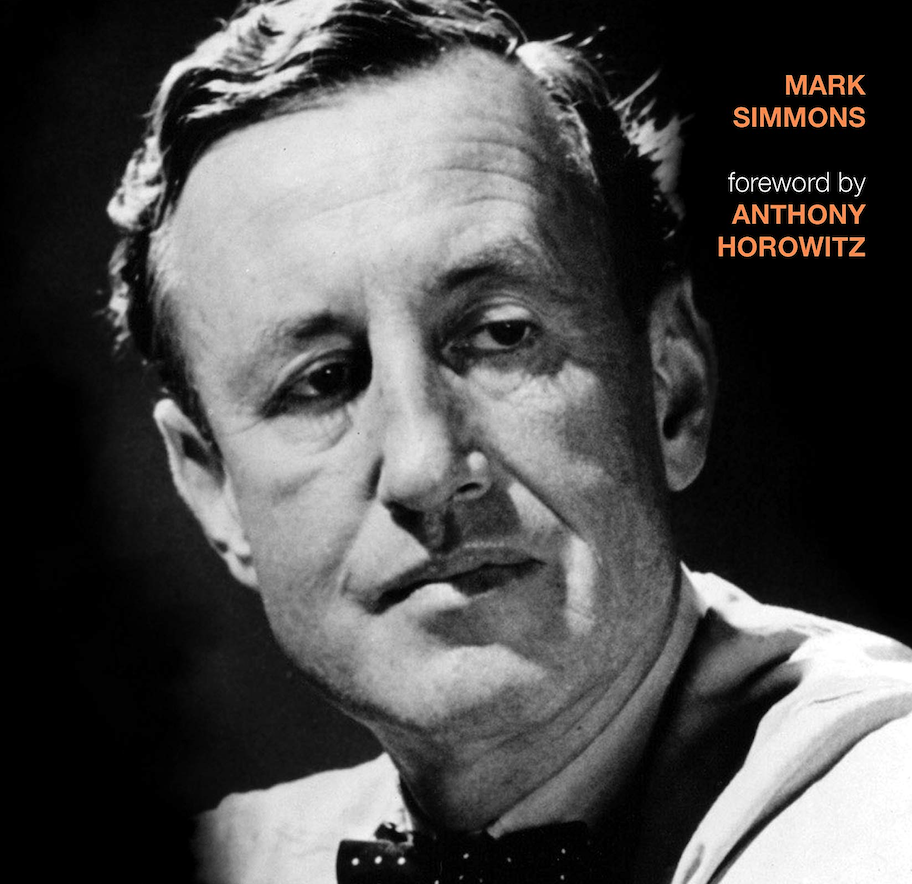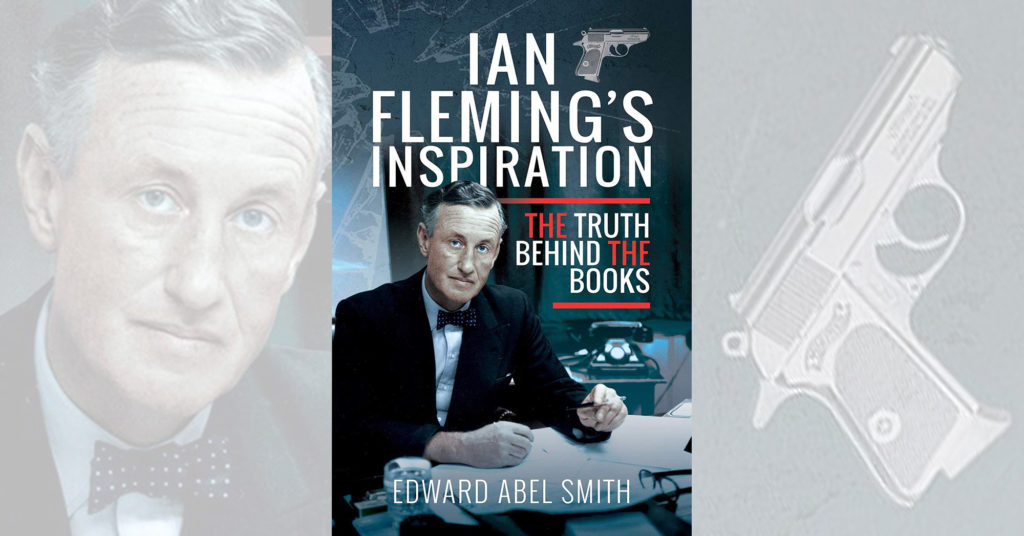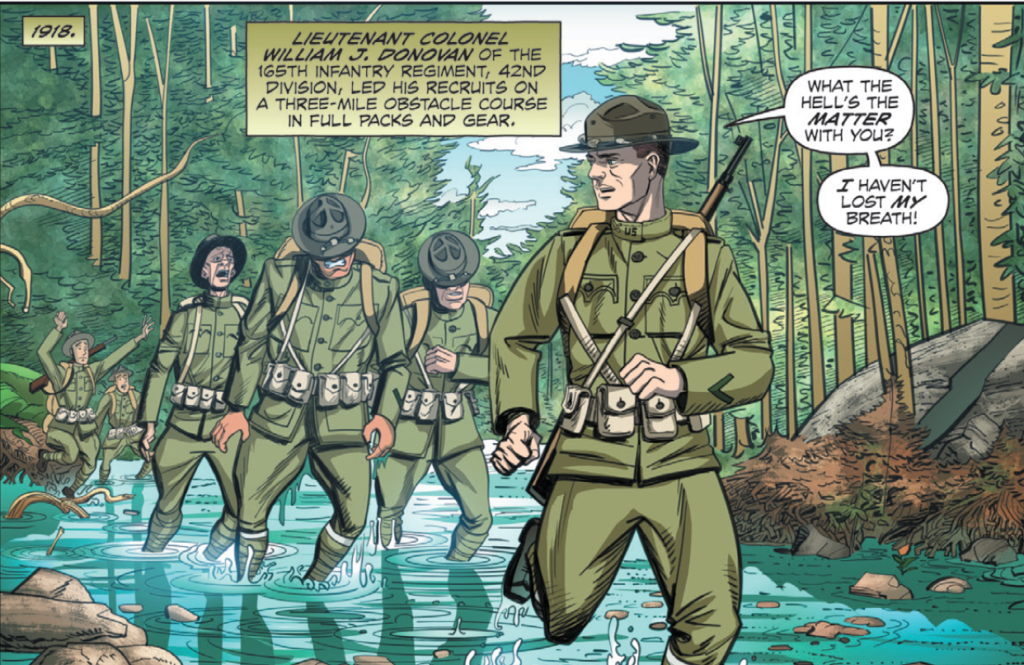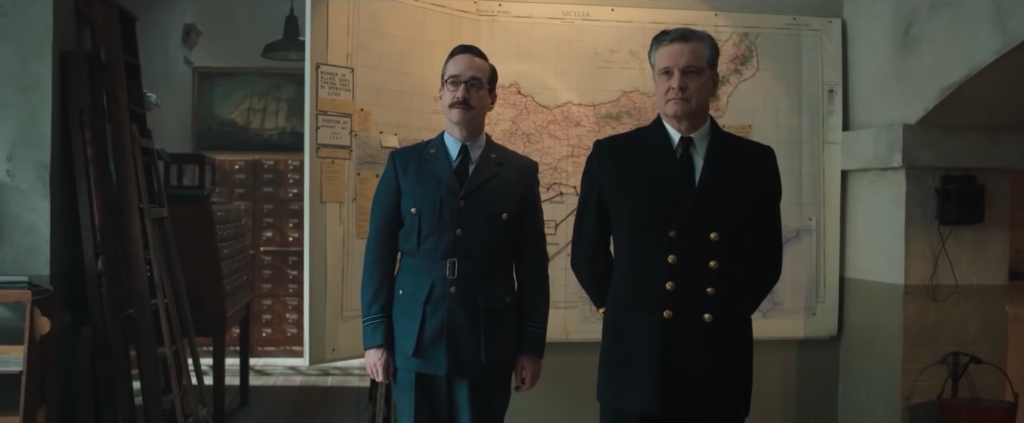Honoring the 60th anniversary of the James Bond movie franchise, as well as the 70th of the novels, there has been an outflow of books studying author Ian Fleming and the influence his World War II experiences had on his iconic character. No one is better equipped for this than Simmons, a British military veteran and author of “Ian Fleming and Operation Golden Eye: Keeping Spain Out of World War II” (2018). A similar book previously reviewed in the print edition of Military History, Edward Abel Smith’s “Ian Fleming’s Inspiration: The Truth Behind the Books” (2020), was marred by factual errors absent from Simmons’ volume.
Simmons convincingly argues that agent James Bond, the famous 007, with the iconic license to kill and whose adventures (14 books published 1953-1966) were clearly set in the Cold War era, was firmly rooted, as was Fleming, in World War II. Bond is somewhat out of place in the Cold War and operates more like a clandestine saboteur of Churchill’s wartime Special Operations Executive rather than a postwar operative of the British Secret Intelligence Service. The author, like many of us, lost interest in the movie Bond as he has been further transmogrified into a more politically correct 21st century paladin. Fleming himself is on record as stating Bond is more of a blunt instrument than a hero.
Recommended for you
Simmons examines the usual questions regarding possible models for Bond, his curmudgeonly boss “M,” and elements of the classic stories. Bond, not surprisingly, has Fleming’s own tastes and proclivities for fast cars, beautiful women and fine dining. These are amalgamated with several operatives Fleming knew, such as naval diver Kenneth Crab, members of Fleming’s 30 Assault Unit Royal Marine commandos, and the celebrated World War I-era Sydney Reilly, whom Fleming never met. “M” was clearly a combination of SOE director Colin Gubbins and Admiral John H. Godfrey, the head of Britain’s Naval Intelligence Division and Fleming’s direct superior during World War II.
Impressively, Simmons details which wartime ideas and operations relate to specific novels and short stories. For example, Plan Midas, which bilked German Intelligence of money via a Portuguese casino, surfaces in “Casino Royale,” while the aborted Operation Ruthless, in which a crashed bomber was used to obtain German code books, is reworked for “Thunderball.” Finally, another appendix very expertly lists and rates the post Fleming Bond novels, especially those of John Gardner and Anthony Horowitz.
historynet magazines
Our 9 best-selling history titles feature in-depth storytelling and iconic imagery to engage and inform on the people, the wars, and the events that shaped America and the world.

historynet magazines
Our 9 best-selling history titles feature in-depth storytelling and iconic imagery to engage and inform on the people, the wars, and the events that shaped America and the world.









